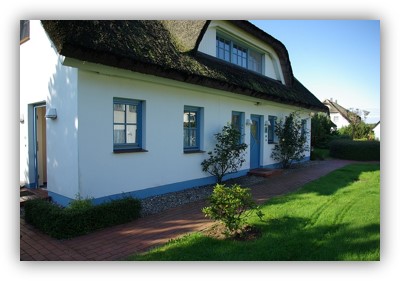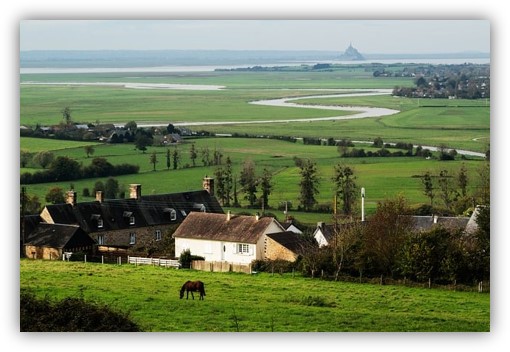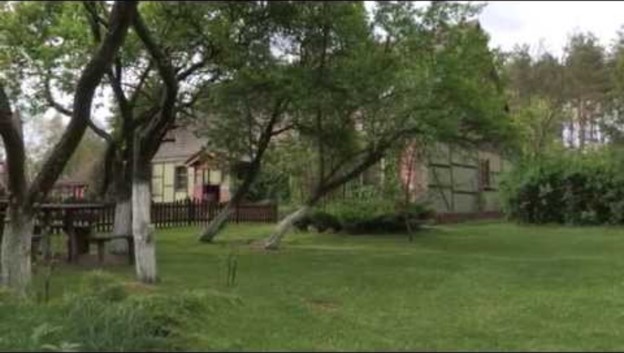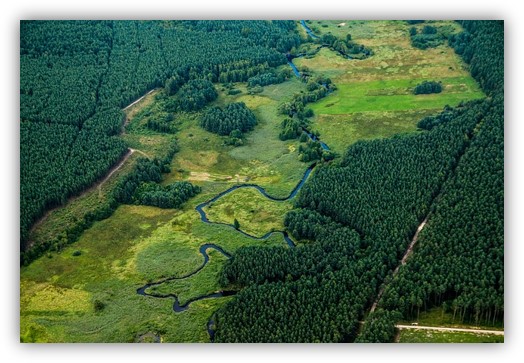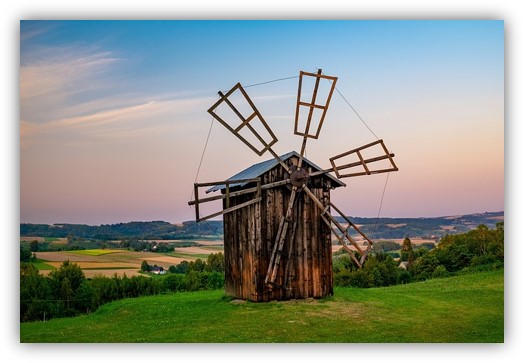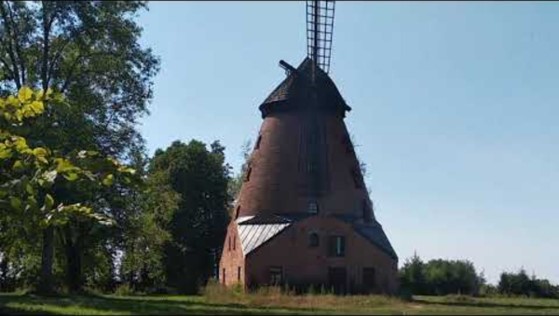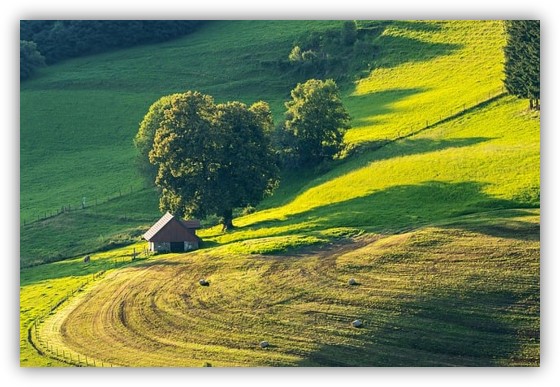|
What to know before starting? What to know before starting?
 What will you learn? EQF level Who created the content and will recognise your learning? Let’s start... but first think…
 Let’s start... but first think…
Rural tourism Rural tourism
 What influences the attractiveness of rural areas for tourists?
Challenges of rural tourism
 Today, the rural tourist is looking for authentic experiences in the form of activities in nature, contact with nature and with animals. They are looking for unconventional accommodation solutions. It wants to rediscover ancient yet simple customs, rituals and culture of the region. Challenges of today's rural tourism include:
Rural tourism development
 What are the benefits of rural tourism? Opportunities for rural tourism development depend on a number of factors including:
The benefits of rural tourism mainly include learning about the specifics of rural life, traditions, culture, a greater opportunity to get to know nature, and attractive leisure activities. Sources Sources
 Images downloaded from pixabay: |
The tutor has to engage the participants in all times. It is important to always keep attention and motivation high. The use of digital tools or other resources depends on the delivery method chosen and on the characteristics of the participants of the classroom. It is important therefore to understand well the classroom in order to adapt the method of training.
Consortium






 Play Audio
Play Audio 



 Define the concepts of rural tourism and agrotourism and their key elements.
Define the concepts of rural tourism and agrotourism and their key elements. 10 minutes
10 minutes



